- Joined
- Aug 5, 2010
- Messages
- 12,884
Re: Got a great JW sapphire, let's find the perfect setting!
Here's the reason I do it before I have my stones mounted: I want them to be insured for replacement value. If I have a stone which is considered flawless or close to it, precision cut and excellent color, I don't want it to be replaced with a middle of the road stone should something happen down the road. So let's say its lost and the insurance has it down for $xx based on the value and description attributed to it by an appraiser. The appraiser becomes critical in the process which is why you want to go to one like Richard Sherwood who specializes in colored stones. The appraiser, in turn, relies on data provided by the cert - they can often do it themselves (like in the case of Richard Sherwood), but its impartial if its done by a lab. That is, the appraisor is assigning a value based on the data and what he/she sees, not just on what he/she sees. In other words, its more defensible.
My big worry is that if I buy an extremely high quality $10K stone and I should lose it, I don't want the insurance company to "make me whole" with a stone of lesser quality, or pay me less than its value, because they think its worth $7K. I mean, if, at the time of loss, a comparable stone can be purchased for $7K, then that's what they should pay. But it has to be of comparable value and the only way to prove it, is to have obtained a cert which provides the detail about that stone that sets it apart from stones of lesser quality. Does that make sense? It might be belt and suspenders, but I really don't want to argue with the insurance company...
Here's the reason I do it before I have my stones mounted: I want them to be insured for replacement value. If I have a stone which is considered flawless or close to it, precision cut and excellent color, I don't want it to be replaced with a middle of the road stone should something happen down the road. So let's say its lost and the insurance has it down for $xx based on the value and description attributed to it by an appraiser. The appraiser becomes critical in the process which is why you want to go to one like Richard Sherwood who specializes in colored stones. The appraiser, in turn, relies on data provided by the cert - they can often do it themselves (like in the case of Richard Sherwood), but its impartial if its done by a lab. That is, the appraisor is assigning a value based on the data and what he/she sees, not just on what he/she sees. In other words, its more defensible.
My big worry is that if I buy an extremely high quality $10K stone and I should lose it, I don't want the insurance company to "make me whole" with a stone of lesser quality, or pay me less than its value, because they think its worth $7K. I mean, if, at the time of loss, a comparable stone can be purchased for $7K, then that's what they should pay. But it has to be of comparable value and the only way to prove it, is to have obtained a cert which provides the detail about that stone that sets it apart from stones of lesser quality. Does that make sense? It might be belt and suspenders, but I really don't want to argue with the insurance company...

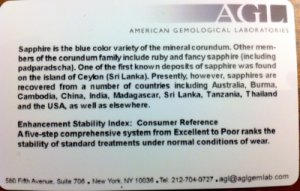
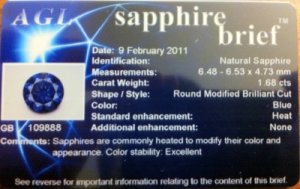
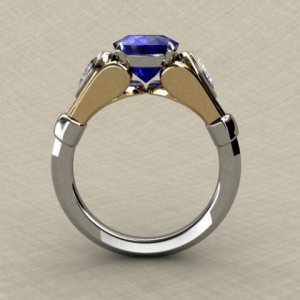
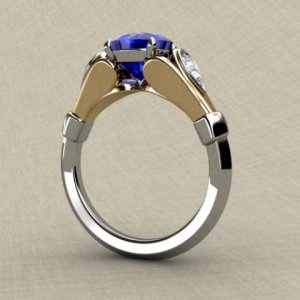
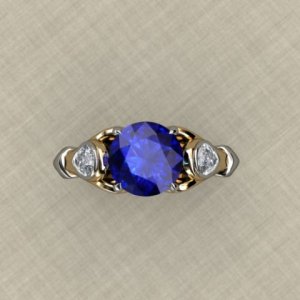
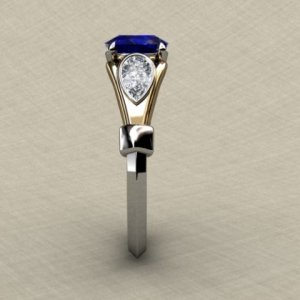
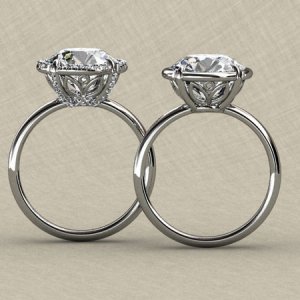
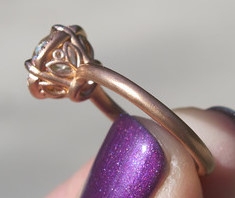


300x240.png)